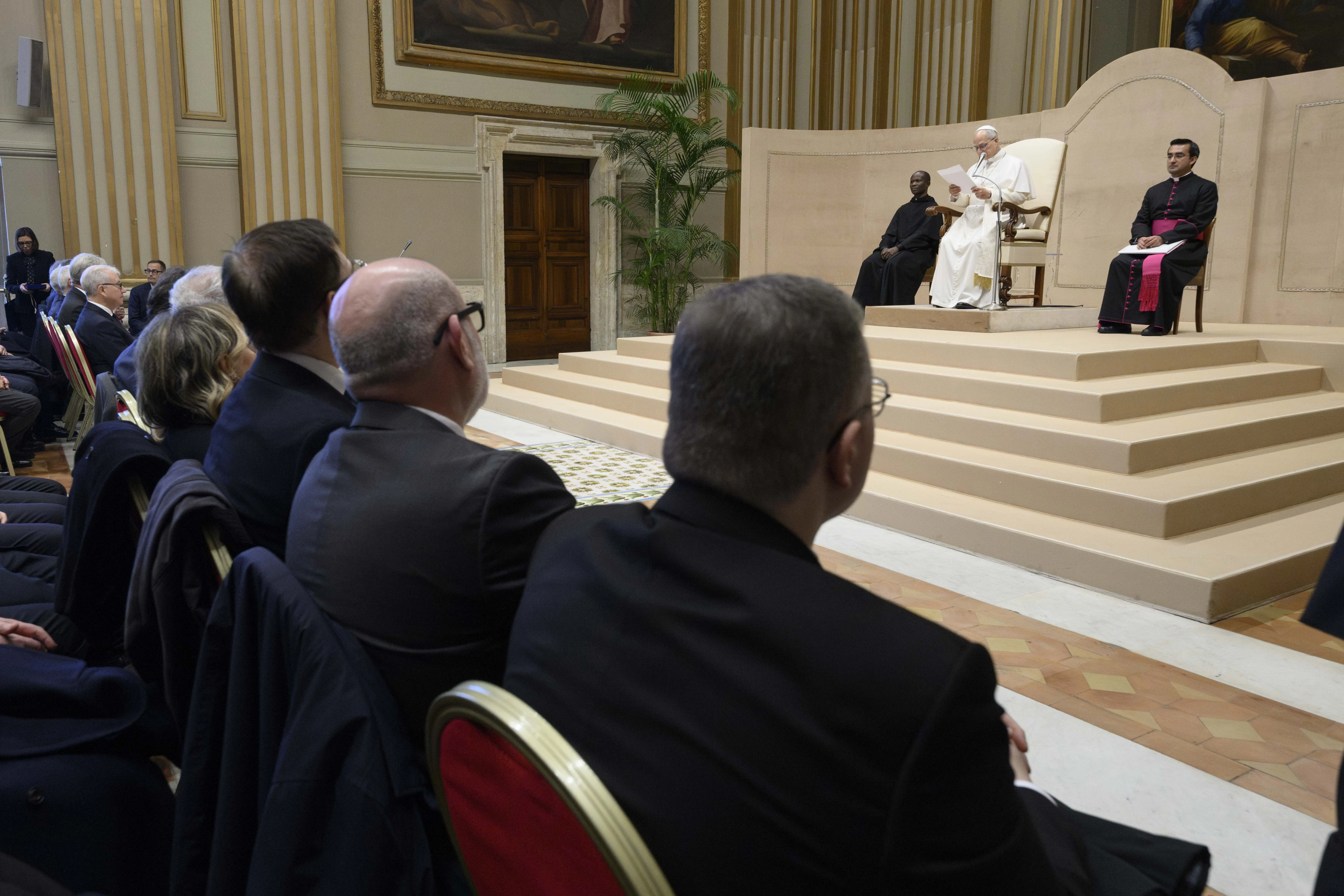Vatican City, 05 June, 2022 / 8:30 pm (ACI Africa).
On the Solemnity of Pentecost, Pope Francis offered advice on how to distinguish the voice of the Holy Spirit from “the voice of the spirit of evil.”
Speaking from a wheelchair in front of the main altar of St. Peter’s Basilica, the pope provided several examples of how to recognize the inspiration of the Holy Spirit, who “at every crossroads in our lives suggests to us the best path to follow.”
“The Holy Spirit will never tell you that on your journey everything is going just fine. … No, he corrects you; he makes you weep for your sins; he pushes you to change, to fight against your lies and deceptions, even when that calls for hard work, interior struggle and sacrifice,” Pope Francis said in his homily on June 5.
“Whereas the evil spirit, on the contrary, pushes you to always do what you think and you find pleasing. He makes you think that you have the right to use your freedom any way you want. Then, once you are left feeling empty inside – it is bad, this feeling of emptiness inside, many of us have felt it – and when you are left feeling empty inside, he blames you, becomes the accuser, and throws you down, destroys you.”
“The Holy Spirit, correcting you along the way, never leaves you lying on the ground, never. He takes you by the hand, comforts you and constantly encourages you,” he added.








